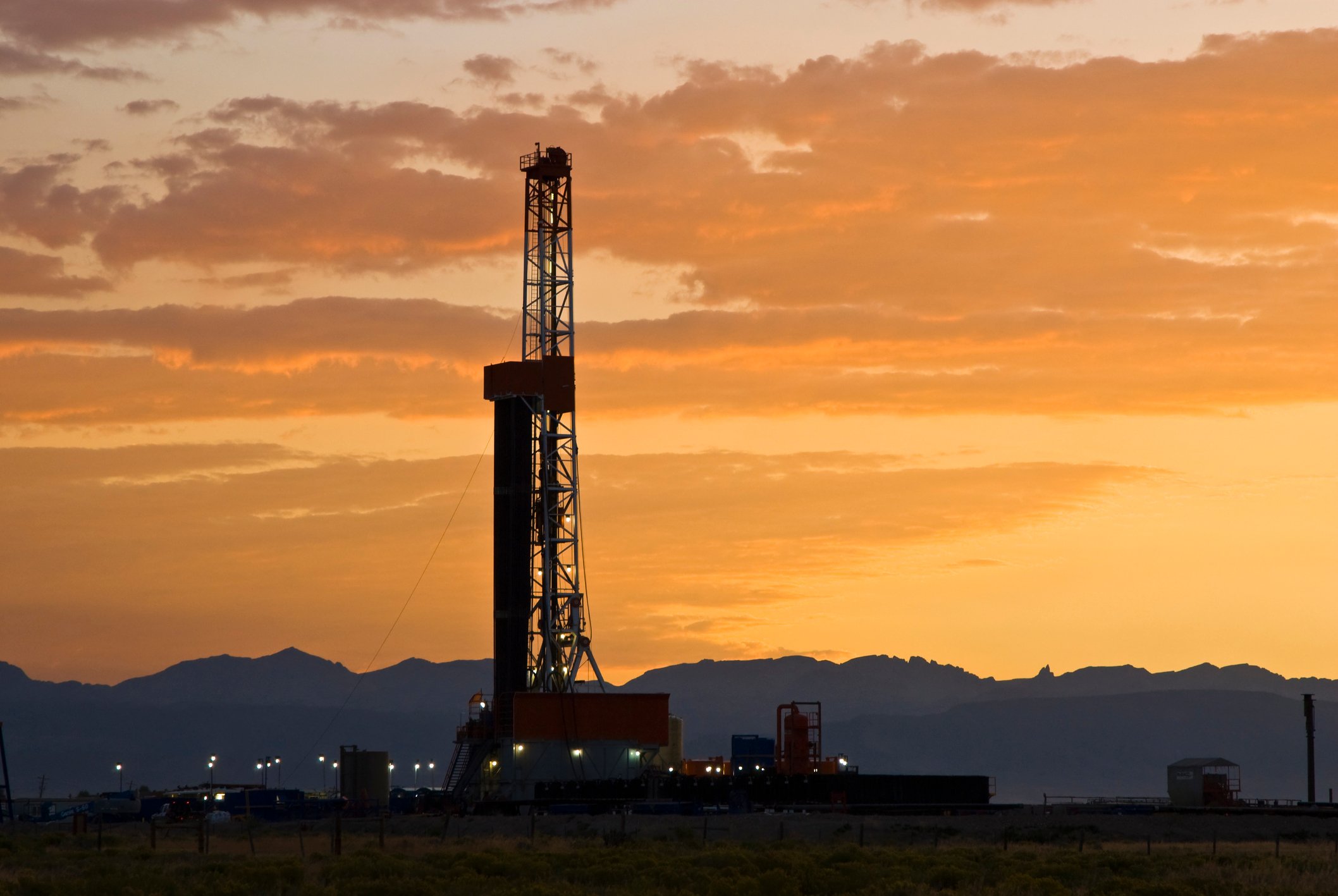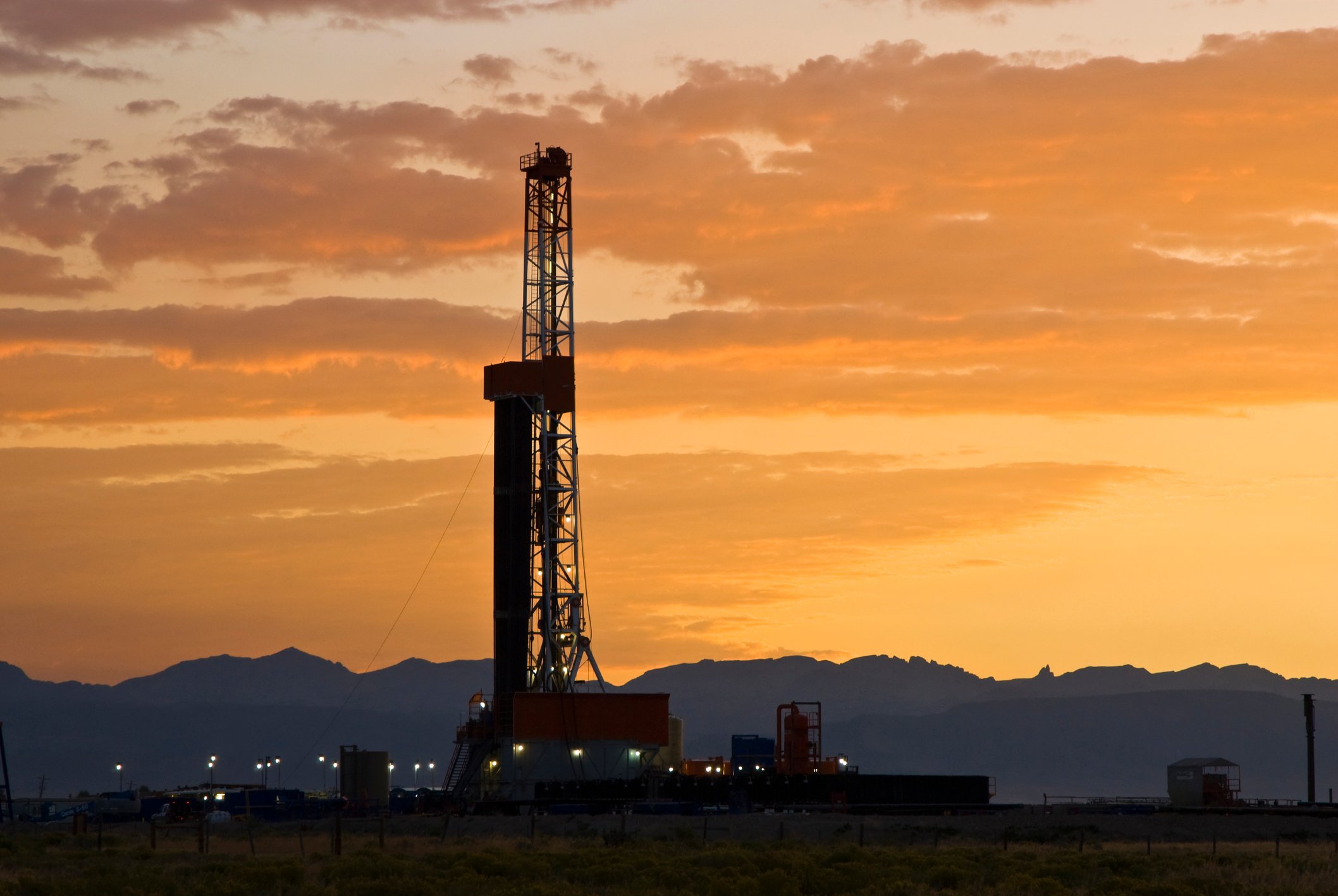The old investing saying "buy the rumor; sell the news" may be playing out for Ultra Petroleum (UPL +0.00%) recently, with shares down more than 8% since last week. It looks like much of this is being driven by the company's $650 million acquisition of oil assets in Utah. And with earnings set for the end of next week, one can't help but wonder if there isn't some speculation that this move points to a bad quarter, as natural gas prices have stayed relatively low.
However, ExxonMobil (XOM +3.73%) is increasing production of natural gas; last quarter it was the largest producer in North America. Additionally, Chesapeake Energy (CHK +0.00%), the second largest domestic natural gas producer, is coming off a very strong quarter. Here's the rub: Natural gas prices were down significantly in the third quarter, as much as 23% from April's high to August's low.
Henry Hub Natural Gas Spot Price data by YCharts
So what does this mean for long-term investors? Let's take a closer look.
Natural gas still at profitable levels
Even at the lowest levels during the third quarter, natural gas was still profitable for Ultra Petroleum. As Fool contributor Arjun Sreekumar describes, in the second quarter Ultra's cost of production was below $2.90 per Mcfe, while Chesapeake Energy needed to see prices above $4 to be profitable (though there is some likelihood that this number will decrease as Chesapeake sells off assets and reduces expense.) Additionally, the approach of winter should drive demand up, and historically this leads to higher prices over the season.
Diversification activity at integrated majors as well
As I mentioned above, ExxonMobil was the largest U.S. producer of natural gas in the second quarter. At the same time, Royal Dutch Shell (NYSE: RDS-A) (NYSE: RDS-B) recently signed an agreement to pay $280 million for more offshore oil drilling rights in Brazil. Shell counts natural gas as about one-half of its total production. So, as with Ultra Petroleum, what's happening here is just a matter of these producers adding to their production and assets in areas where they aren't as strong.
This diversification is a further reminder that global energy demand remains strong. And with the world's population expected to grow by another one billion people by 2025, this trend isn't reversing anytime soon -- even as renewable energy applications become a larger piece of the energy pie.
Final thoughts
The falling price of Ultra Petroleum's shares is likely a combination of pre-earnings uncertainty (likely exacerbated by this large investment in oil production), and some profit-taking (the stock is up 23% since March); the long-term story is still strong. At the end of the day, adding assets in a play with a history of strong cash-flow generation, while also softening the impact of natural gas volatility is a winning move for long-term investors.
Seeing ExxonMobil increase its production of natural gas is an indication that the market demand (and pricing) should remain strong both in the short and long term, as its use as a transportation fuel, for electricity generation, and as an export all increase. For long-term investors, going with a company with a long-term history of low-cost production is a Foolish bet. Don't mistake the market's short-term reaction as a material change to the business. The long-term story at Ultra Petroleum looks great.








